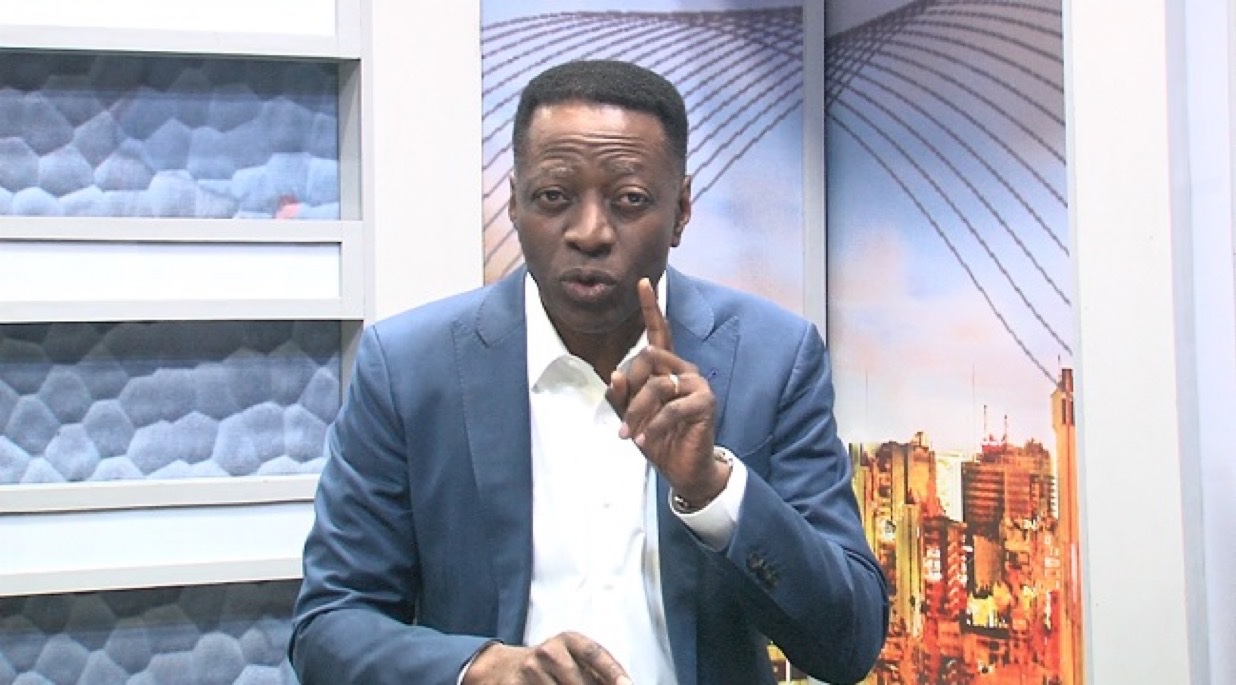
A Nation Divided by Reality: Sam Adeyemi’s Blunt Truth on Nigeria’s Detached Leadership

In a statement that has resonated across social and political spheres, renowned Nigerian pastor and leadership expert, Sam Adeyemi, recently asserted that some of Nigeria’s leaders have lost touch with the realities facing the average Nigerian. His words, sharp and poignant, have ignited debates online and offline, forcing a national introspection on the disconnect between the country’s leadership class and its struggling populace.
The comment, though brief, cuts deep into the heart of Nigeria’s chronic socio-economic divide. Adeyemi, known for his thoughtful yet firm perspectives on leadership and governance, expressed a truth that many Nigerians have whispered for years but few in power have acknowledged. His words echo the everyday frustrations of millions who grapple with rising poverty, inflation, unemployment, and insecurity, while observing a political elite seemingly insulated from these harsh realities.
Nigeria, Africa’s most populous country and one of its largest economies, continues to battle profound developmental challenges. Despite its abundant natural and human resources, the wealth generated rarely trickles down. For many Nigerians, basic needs such as food, healthcare, education, electricity, and security remain elusive luxuries. The streets of Lagos, Kano, Port Harcourt, and other cities tell a silent story—of traders struggling with skyrocketing costs, of youth navigating a landscape devoid of jobs, of mothers choosing between feeding their children and paying school fees. Meanwhile, the nation’s corridors of power often reflect opulence, policy aloofness, and a seeming disregard for the common citizen's plight.
Sam Adeyemi’s statement doesn’t merely point fingers; it reflects a systemic issue—an elite class that appears disconnected from the grassroots. Many leaders, he implies, are governing from glass towers, far removed from the ground-level struggles of the people they claim to represent. The consequences are visible: poorly implemented policies, tone-deaf public statements, and a governance style that often favors self-preservation over national progress.
Take, for instance, the recurrent subsidy removals and devaluations without comprehensive social safety nets. Or the spiraling inflation rates that have eroded the purchasing power of the average citizen, while lawmakers debate personal perks and allowances. These actions, often justified with economic jargon, have real human costs. Yet, many leaders remain shockingly unaware—or perhaps indifferent—to how such decisions impact those earning less than a dollar a day.
What Adeyemi underscores is not just a moral failing, but a leadership crisis. Leaders who are detached from their citizens cannot effectively formulate policies that address their needs. True leadership demands empathy, humility, and a constant connection to the people. Without these, governance becomes a top-down exercise in control rather than a participatory process of nation-building.
The recent waves of protests—whether over police brutality, fuel prices, or electoral disillusionment—highlight a populace that is growing increasingly frustrated with a system that seems to operate without them in mind. The youth, in particular, are restless. With a median age under 20, Nigeria’s population is predominantly young, yet many feel abandoned by a government that fails to provide jobs, quality education, or a future worth looking forward to.
Sam Adeyemi’s critique also touches on the dangerous implications of such disconnect. A leadership that has lost touch with reality risks losing the trust and legitimacy required to govern effectively. When citizens no longer believe that their leaders understand or care about their struggles, apathy sets in. This disillusionment breeds cynicism, and in time, could ferment unrest or even social instability.
To re-establish trust, Nigerian leaders must re-engage with the people not just symbolically, but practically. It is no longer enough to appear at markets for photo ops or make populist speeches during election campaigns. Real connection requires living the realities of those governed—understanding what it means to survive on a minimum wage, to seek medical care in a dilapidated hospital, or to send children to underfunded public schools. Leadership must evolve from privilege to purpose.
Moreover, institutions that should bridge this gap—like the media, civil society, and even religious organizations—must hold leaders accountable. Sam Adeyemi’s statement, bold and timely, is a clarion call to all segments of society to speak truth to power. It reminds us that silence in the face of disconnection is complicity.
The path forward requires more than rhetoric. It demands a transformative shift in how leadership is perceived and practiced in Nigeria. Leaders must prioritize policies that uplift the poorest, amplify the voices of the marginalized, and foster inclusive development. They must remember that governance is not about prestige or power, but about service—genuine, grounded, and people-centered service.
As Nigerians grapple with daily hardships, the need for leaders who understand and share their burdens has never been more urgent. The difference between hope and despair in a nation often lies in the empathy of those who lead it. Sam Adeyemi’s words, therefore, should not be dismissed as mere commentary but embraced as a wake-up call.
It is time for Nigeria’s leaders to descend from the clouds of political comfort and touch the soil of ordinary life—to walk the streets, hear the cries, feel the hunger, and act with compassion. Only then can the dream of a truly united and prosperous Nigeria begin to materialize. Until that happens, voices like Adeyemi’s will continue to echo, reminding us that leadership without connection is not leadership at all.


